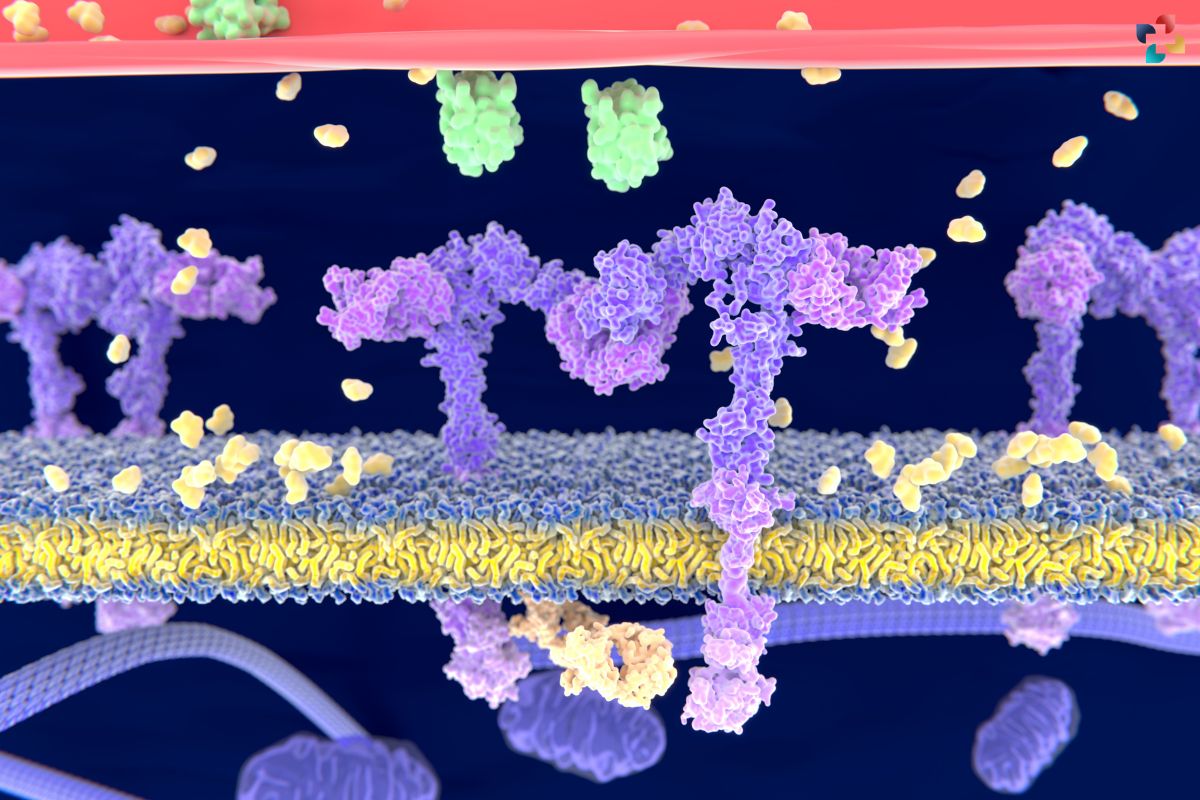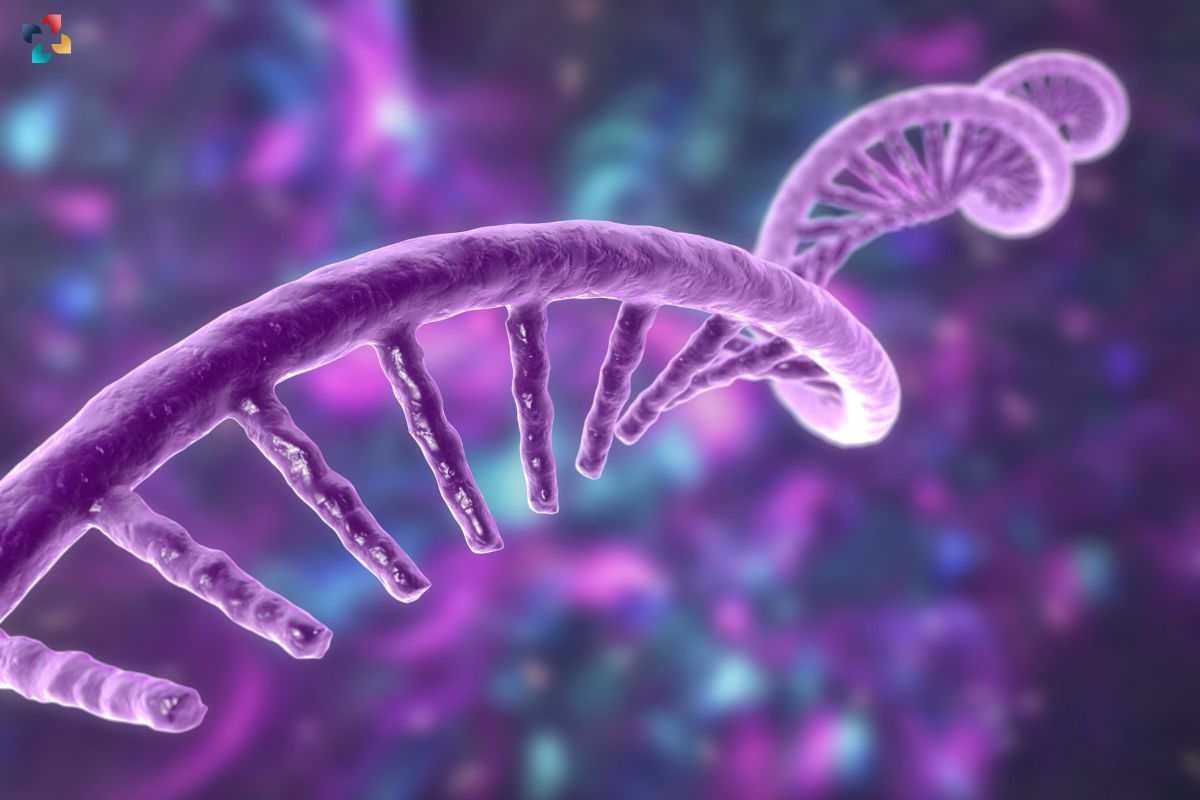In the dynamic landscape of modern pharmaceuticals, the demand for peptide custom synthesis has surged exponentially. Peptides, as molecular building blocks, hold immense potential in drug development, diagnostics, and therapeutic interventions. Harnessing the power of peptide custom synthesis allows researchers and pharmaceutical companies to design, produce, and optimize peptides tailored to specific applications with precision and efficacy. In this article, we delve into the intricacies of peptide custom synthesis, exploring its significance, methodologies, applications, and future prospects.
Understanding Peptide Custom Synthesis:
Peptide custom synthesis refers to the process of creating peptides through chemical or biological methods tailored to meet specific requirements. These peptides are composed of amino acids linked together by peptide bonds, forming chains of varying lengths and sequences. The customization aspect allows researchers to manipulate the amino acid sequence, modify functional groups, and incorporate non-natural amino acids to enhance desired properties.
Methodologies of Peptide Custom Synthesis:
1. Solid-Phase Peptide Synthesis (SPPS):
Solid-phase peptide synthesis is the most widely used method in peptide custom synthesis. It involves assembling peptides on a solid support, typically resin beads, through stepwise addition of protected amino acids. The process enables high-yield synthesis of peptides with precise control over sequence and purity.
2. Liquid-Phase Peptide Synthesis (LPPS):

Liquid-phase peptide synthesis, although less common, offers advantages in producing complex peptides and peptide libraries. It involves solution-phase reactions, where amino acids are coupled sequentially in solution, followed by purification steps to isolate the desired peptide products.
Applications of Peptide Custom Synthesis:
1. Drug Development
Peptides exhibit diverse biological activities, making them promising candidates for drug discovery and development. Peptide custom synthesis enables the design and optimization of peptide-based therapeutics targeting various diseases, including cancer, metabolic disorders, and infectious diseases.
2. Biotechnology
In biotechnology, peptides serve as essential tools in molecular biology research, diagnostics, and biopharmaceutical production. Customized peptides are utilized as probes for protein-protein interactions, epitope mapping, and drug delivery systems, facilitating advancements in biotechnological applications.
3. Materials Science
Peptides play a crucial role in materials science, particularly in the development of biomaterials, nanomaterials, and tissue engineering scaffolds. Peptide custom synthesis allows for the design of peptides with specific structural motifs and functionalities, enabling precise control over material properties and bioactivity.
Future Perspectives:
The field of peptide custom synthesis continues to evolve rapidly, driven by advancements in chemistry, biology, and technology. Emerging trends such as automated synthesis platforms, computational design algorithms, and novel peptide modification strategies promise to revolutionize peptide engineering and expand its applications further. With increasing demand for personalized medicine and targeted therapies, peptide custom synthesis is poised to play a pivotal role in shaping the future of healthcare and biotechnology.
Emerging Trends in Peptide Custom Synthesis:
1. Automated Synthesis Platforms

Automation has revolutionized peptide synthesis, streamlining processes and improving efficiency. Automated synthesis platforms equipped with advanced robotics and software algorithms enable high-throughput production of peptides with precise control over synthesis parameters. This automation reduces human error, accelerates synthesis cycles, and enhances reproducibility, making peptide custom synthesis more accessible and cost-effective.
2. Computational Design Algorithms
Computational methods play a crucial role in peptide custom synthesis, facilitating rational design and optimization of peptide sequences. Computational algorithms leverage machine learning, molecular modeling, and bioinformatics techniques to predict peptide structures, interactions, and bioactivities. By harnessing computational tools, researchers can expedite the discovery of novel peptide therapeutics and optimize their properties for specific applications.
3. Novel Peptide Modification Strategies
Advancements in peptide chemistry have led to the development of innovative modification strategies that enhance peptide stability, bioavailability, and target specificity. These modifications include backbone cyclization, side-chain derivatization, and conjugation with functional molecules or nanoparticles. By introducing tailored modifications, researchers can overcome limitations associated with natural peptides and create optimized therapeutics with improved pharmacokinetic profiles and therapeutic efficacy.
4. Multi-Peptide Libraries
The concept of peptide libraries, comprising diverse peptide sequences, has gained traction in drug discovery and functional genomics. Multi-peptide libraries generated through combinatorial synthesis or biological display methods enable high-throughput screening of peptide candidates for various biological activities, including receptor binding, enzyme inhibition, and cell signaling modulation. This approach accelerates the identification of lead compounds and facilitates the discovery of novel peptide-based therapeutics.
Challenges and Future Directions:
Despite significant advancements, peptide custom synthesis faces several challenges that warrant attention and innovation. These challenges include optimizing synthesis protocols for difficult sequences, enhancing scalability and cost-effectiveness, and improving post-synthesis purification and characterization techniques. Addressing these challenges requires interdisciplinary collaboration and continued investment in research and development.
Looking ahead, the future of peptide custom synthesis holds immense promise, driven by ongoing advancements in chemistry, biology, and technology. The integration of artificial intelligence, automation, and precision engineering will revolutionize peptide synthesis and expand its applications in drug discovery, diagnostics, and materials science. By harnessing the power of peptide custom synthesis, researchers and pharmaceutical companies can unlock the full potential of peptides as versatile molecular tools and therapeutic agents.
Peptide Custom Synthesis in Personalized Medicine:

One of the most promising applications of peptide custom synthesis lies in personalized medicine. Personalized medicine aims to tailor medical treatments to the individual characteristics of each patient, taking into account factors such as genetic makeup, lifestyle, and environmental influences. Peptides offer unique advantages in this regard due to their specificity, low immunogenicity, and potential for targeted delivery.
By leveraging peptide custom synthesis, clinicians can design and produce peptides that target specific disease biomarkers or cellular pathways associated with an individual’s condition. This targeted approach enables more precise diagnosis, prognosis, and treatment selection, minimizing adverse effects and optimizing therapeutic outcomes.
For example, in cancer therapy, peptide-based vaccines and targeted peptide-drug conjugates have shown promise in eliciting immune responses against tumor cells or delivering cytotoxic agents directly to cancerous tissues while sparing healthy cells. Similarly, in autoimmune diseases, customized peptides can modulate immune responses or inhibit pathogenic processes with high selectivity and potency.
Furthermore, the development of peptide-based biomarkers for diagnostic imaging and disease monitoring offers non-invasive approaches for early detection and disease surveillance. Peptide imaging agents, labeled with radioactive isotopes or fluorescent dyes, enable visualization of specific molecular targets or pathological processes in vivo, providing valuable insights into disease progression and treatment response.
As the field of personalized medicine continues to advance, peptide custom synthesis will play an increasingly pivotal role in translating genomic and proteomic data into actionable insights for patient care. By integrating molecular profiling with customized peptide therapies and diagnostics, clinicians can deliver more effective, targeted interventions tailored to the individual needs of each patient.
Conclusion:
Peptide custom synthesis represents a transformative paradigm in molecular medicine, offering unparalleled opportunities for precision, specificity, and personalized care. Its versatility and adaptability enable the design and optimization of peptides for a wide range of therapeutic and diagnostic applications, from drug discovery to personalized cancer therapy.
As research and technology continue to evolve, the potential of peptide custom synthesis to revolutionize healthcare and biomedicine is limitless. By harnessing the power of peptides as molecular tools and therapeutic agents, we can unlock new frontiers in personalized medicine, improve patient outcomes, and ultimately reshape the future of healthcare for generations to come.
Peptide custom synthesis is not just a scientific technique but a cornerstone of personalized medicine, paving the way for a new era of precision healthcare tailored to the unique needs of each individual. Embracing the principles of peptide custom synthesis and its applications in personalized medicine holds the key to unlocking the full potential of peptides as transformative agents in disease diagnosis, treatment, and prevention.







